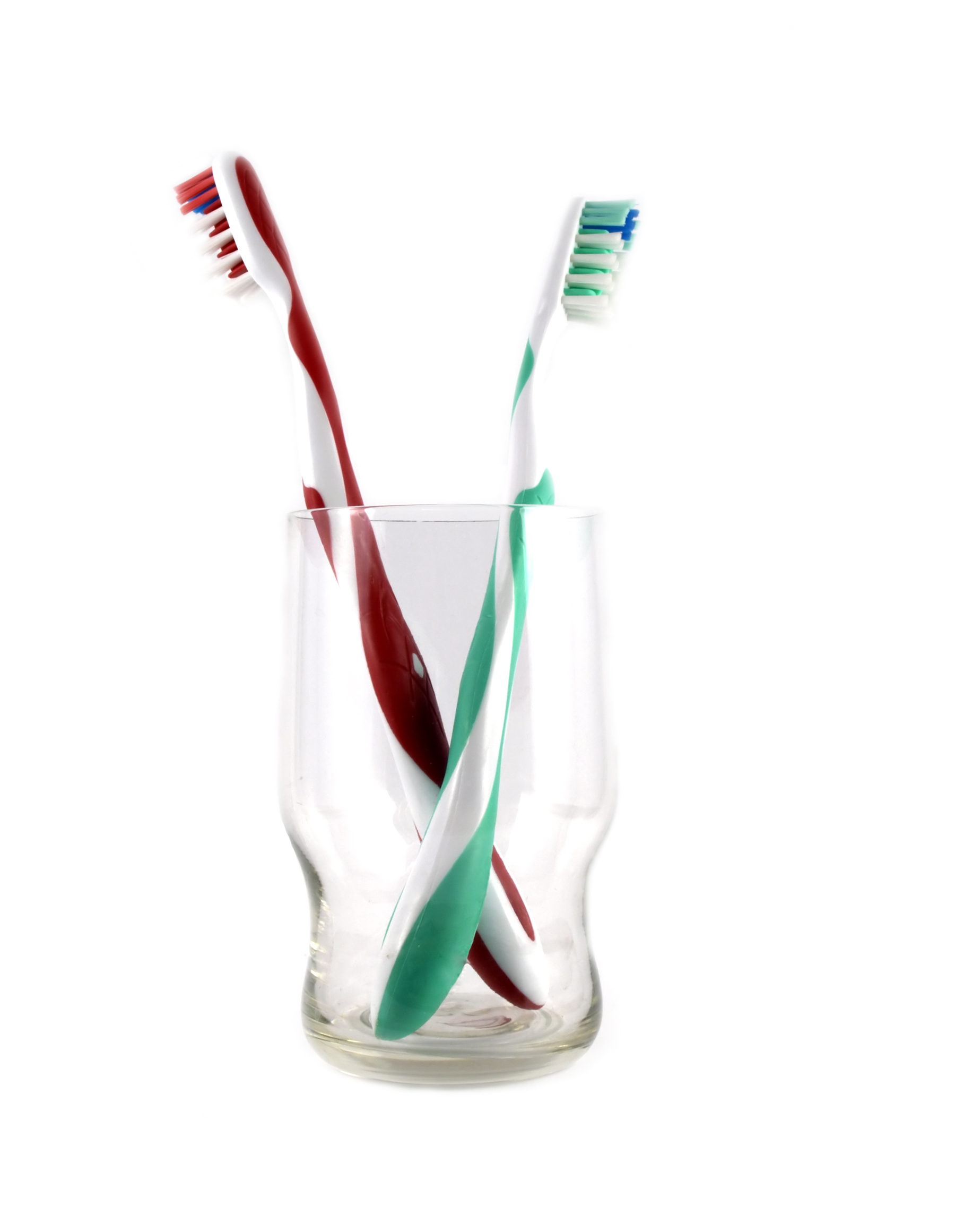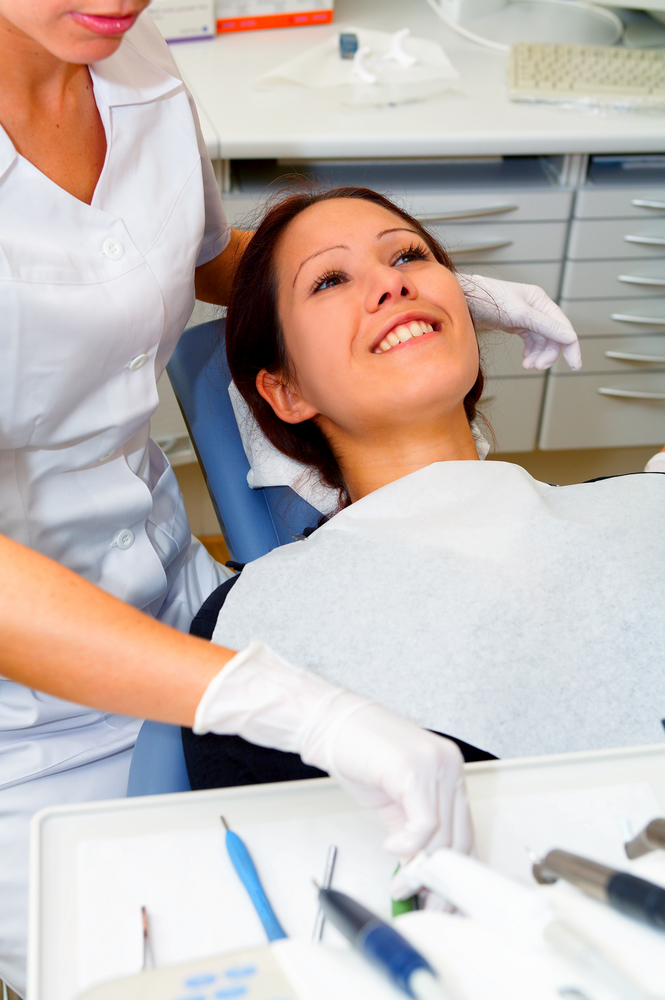 Do you ever feel like circumstances are spinning out of your control? You’re not the only one. If there’s one thing we all have in common fairly often, it’s that stressful situations can occupy our minds and sap our energy. Not only that, stress can actually compromise your health. If you are stressed, it’s more likely that you’ll grind your teeth during sleep. While this bit of information has been around for a while, a recent study shed light on new piece of the teeth-grinding puzzle.
Do you ever feel like circumstances are spinning out of your control? You’re not the only one. If there’s one thing we all have in common fairly often, it’s that stressful situations can occupy our minds and sap our energy. Not only that, stress can actually compromise your health. If you are stressed, it’s more likely that you’ll grind your teeth during sleep. While this bit of information has been around for a while, a recent study shed light on new piece of the teeth-grinding puzzle.
The article published in journal Head and Face Medicine shows that some ways of coping with stress can be healthier for your teeth and jaw than others. Those people who deal with stress by attempting to ignore their problems or internalize them are at higher risk for teeth grinding, also called bruxism. The study found that heavy grinders often used what were termed “negative” coping methods, like ignoring the causes of stress instead of working through problems directly. Continue reading Save Your Teeth by Coping with Stress
 most people have absorbed over the years. No matter how educated a person perceives they are concerning dental health, it’s possible a few false impressions have taken root. Such as…
most people have absorbed over the years. No matter how educated a person perceives they are concerning dental health, it’s possible a few false impressions have taken root. Such as…
 susceptible to gum disease, or is it the other way around? In recognition of National Diabetes Month, the International Diabetes Federation (IDF) has released some new guidelines on oral health for people with diabetes.
susceptible to gum disease, or is it the other way around? In recognition of National Diabetes Month, the International Diabetes Federation (IDF) has released some new guidelines on oral health for people with diabetes.